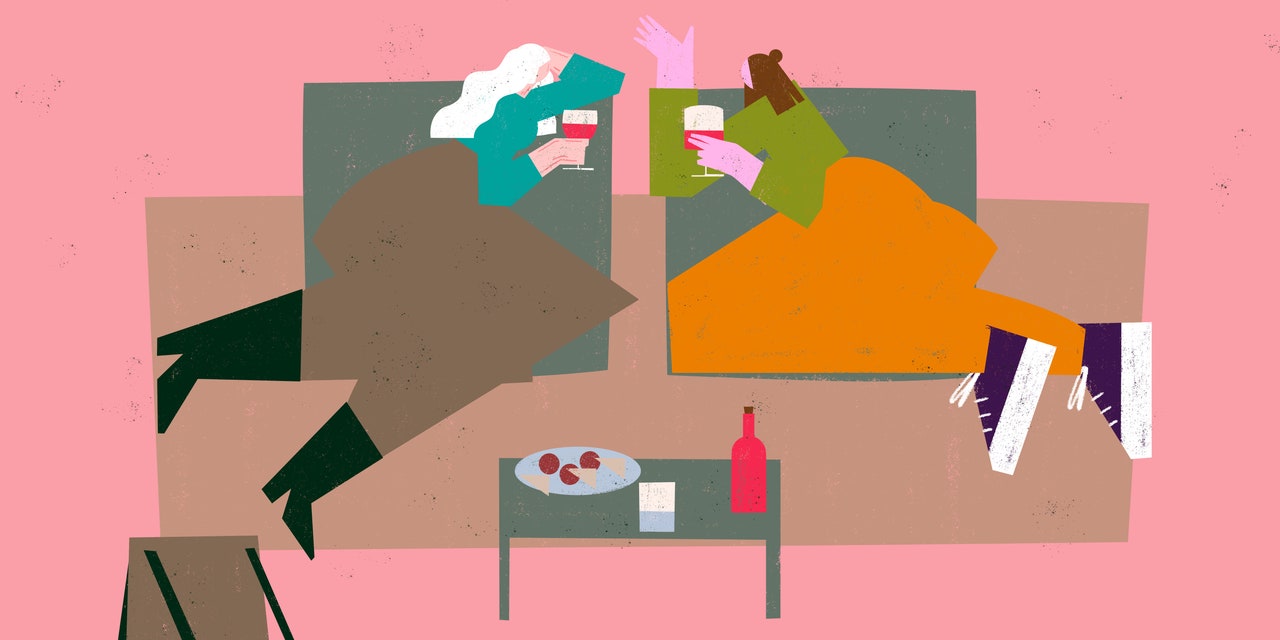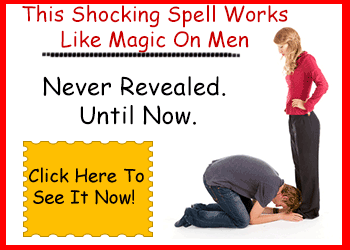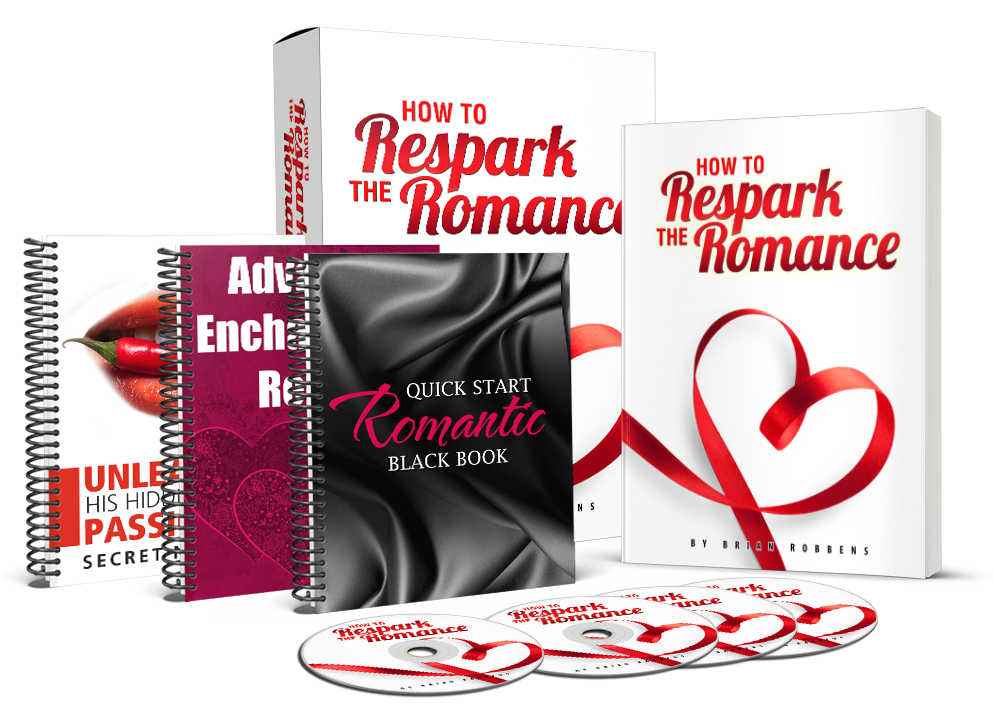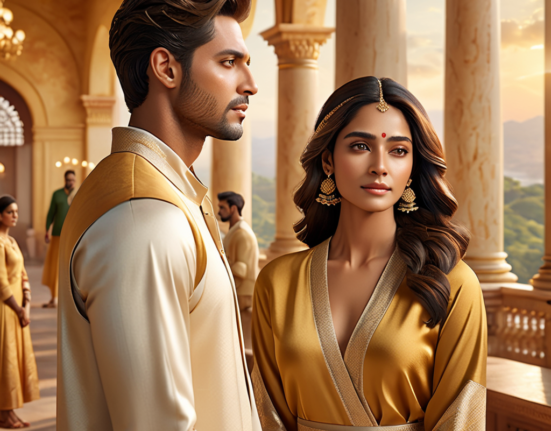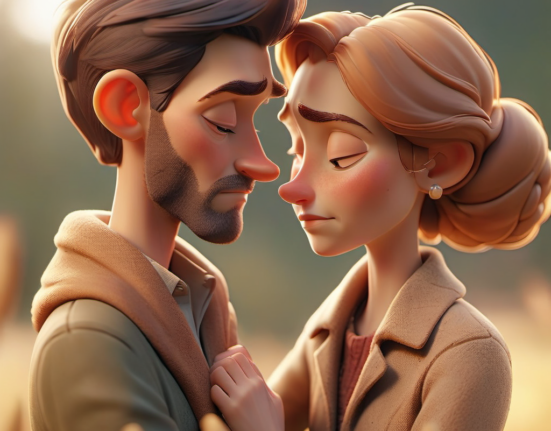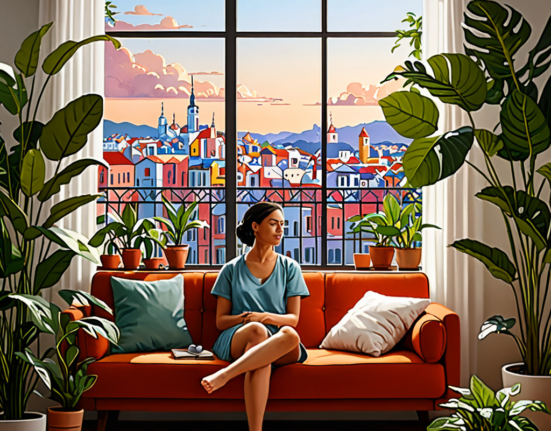I used to be so afraid of partners rejecting me for having endometriosis that dating changed into an exercise in exposure therapy: pushing myself to discuss my condition before I used to be truly ready. I wanted to prove to myself I wasn’t ashamed—and to vet my partners by seeing how well they handled it.
I had my justifiable share of grotesque comments lobbed at me along the way in which: “Well, it’s not like I want to put a baby in you.” “I was worried you’d be weak sexually.” “Does this mean we can’t have quickies?” Other times, it felt like men replaced real care and thoughtfulness with being overly effusive or empathetic about my endometriosis—like a straightforward, one-and-done way to signal, “I’m a good guy.” And men are so shit that, for a while, I put anyone who offered me even a modicum of kindness on a pedestal, considering, “Sure, he doesn’t make time for me—but he’s so kind about my endo! No, he never brings me flowers, but he doesn’t get disappointed when I have a flare!” I used the way in which a man reacted to my endometriosis because the only barometer of our compatibility. I felt prefer it was one of the best I deserved.
I began to realize that by centering endometriosis in my approach to dating, I wasn’t being more discerning in my alternative of partner. I used to be lowering my standards and robbing myself of all the opposite warm and fuzzy things I wanted in relationships. I spotted that the impetus to oh so valiantly share my story had morphed into this sense of obligatory disclosure—this heaviness that clung to every a part of my life, an identity that entered the room before me.
None of this happened in a vacuum. The stigma around chronic illness, disability, and romantic partnership is reinforced by our wider culture and society. In TV, movies, literature, and entertainment more broadly, sick and disabled women are drastically underrepresented. In real life, women with disabilities are at a greater risk of experiencing intimate partner violence and psychological abuse.
I often take into consideration Padma Lakshmi, who wrote within the forward of her memoir, Love, Loss, and What We Ate, that her then husband, Salman Rushdie, called her a “bad investment” because she lives with endometriosis and couldn’t at all times have sex in the way in which he wanted to. Bile rose behind my throat after I first read that, and fear. Was I going to be seen as a bad investment too?
That’s what dating with a chronic illness can do to you—it makes you’re feeling such as you’re damaged goods. Therefore, I got “endometriosis goggles” when anyone loved me for “who I was” (a.k.a. someone with a long-term health condition)—I saw them as this rarified commodity due to their tolerance for the parts of me that made me feel insecure.
But whether it’s endometriosis or another trauma or hardship, these aren’t things to tolerate. They’re things to embrace—parts of you that make you strong and resilient, and parts of you which might be just that: parts, with a lot of other parts which might be just as necessary and in need of care. And there are only staple items—namely, respect, boundaries, and kindness—that everybody should expect from a partner or a date.











